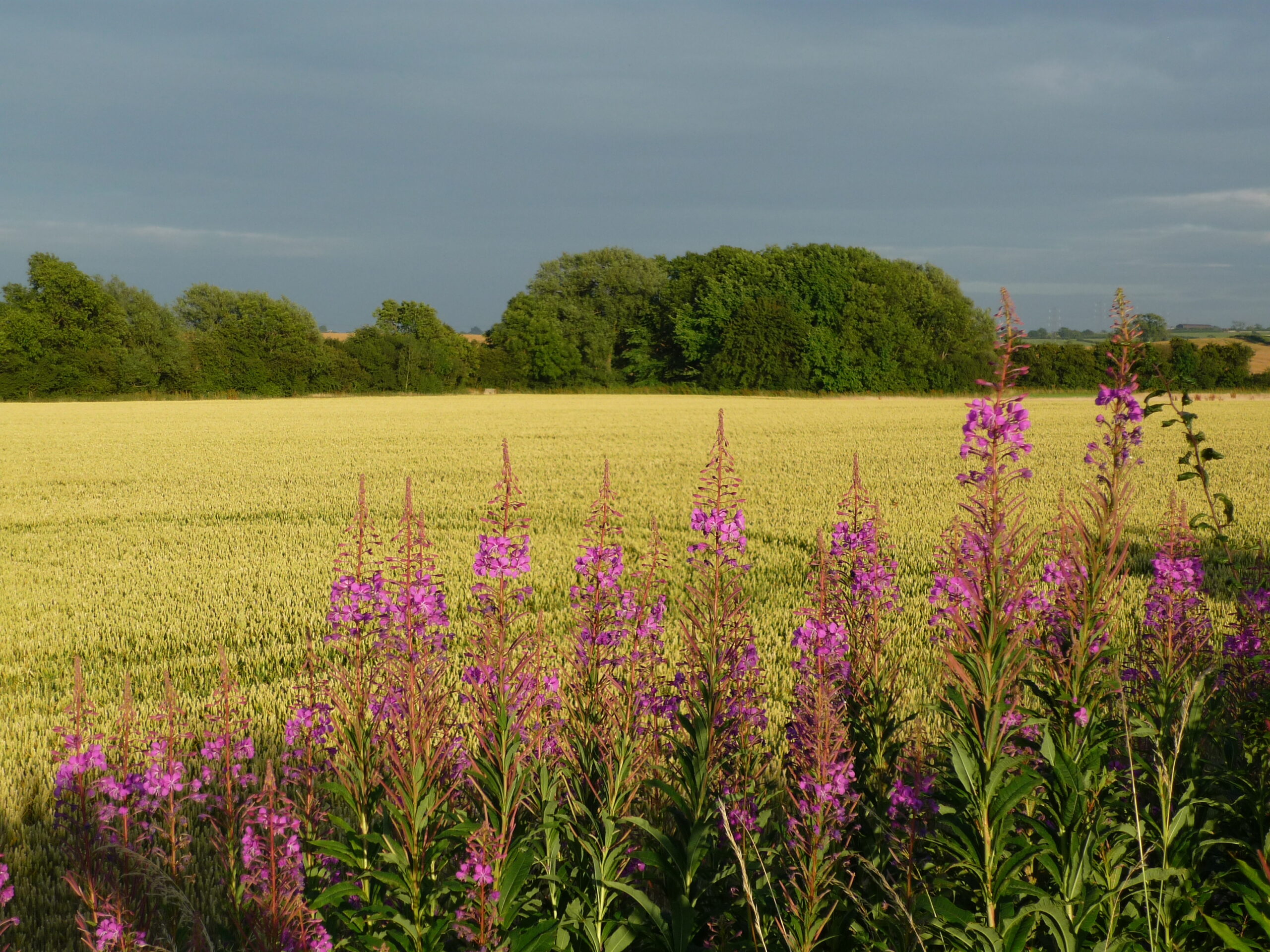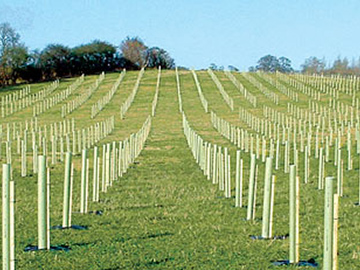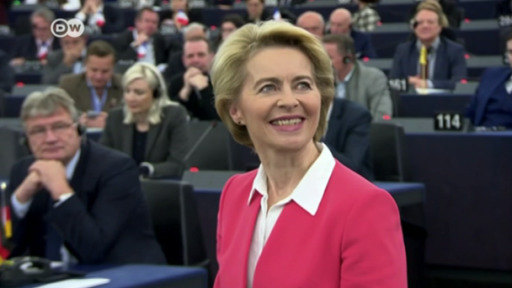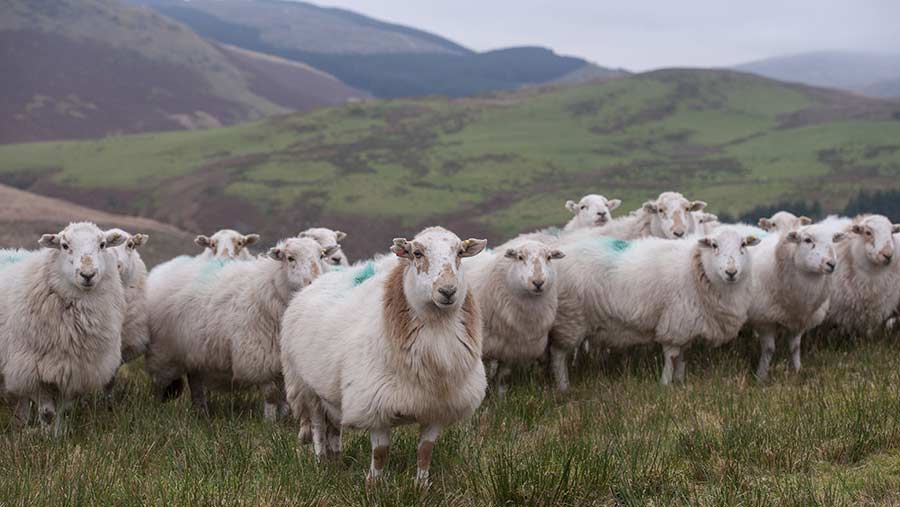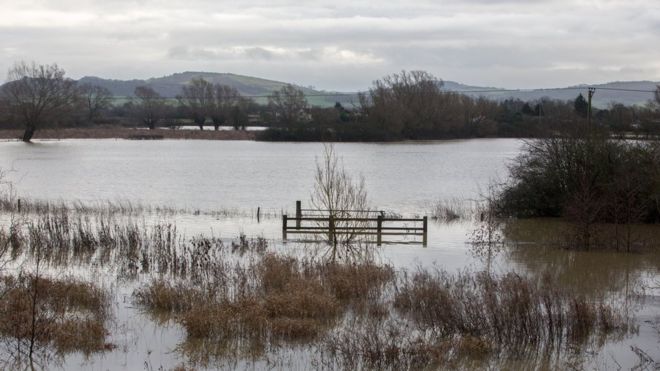With the Withdrawal Agreement now looking certain to pass following the General Election result, the focus is turning to the next stage of the Brexit process – negotiating a long-term trade deal with the EU. Talks are expected to formally commence at the start of February, although the two sides are likely to have had informal discussions before then.
The key issue is what can be achieved in less than a year. The EU-Canada Free Trade Deal (CETA), which is often cited as a model, took 7 years to negotiate. The fact that the UK and EU start from the same place in terms of rules may help, but it still seems a ‘challenging’ timetable. The Transition Period can be extended by one or two years, but this decision has to be made by the 1st July 2020 – i.e. it cannot be left to the 11th hour, if a deal has not been done. Perhaps more importantly, Boris Johnson has stated that he does not wish to see the Transition extended. Whilst he claimed this during the Election campaign, there was a school of thought that, given the scale of the Tory majority, the hardline Brexiteers within the Conservative Party would be less influential, and this pledge could be quietly dropped. The Prime Minister has a bit of form in this area – see ‘dead in a ditch’. However, it seems that a clause may be inserted into the Withdrawal Bill making it illegal to extend the Transition. Whilst this could always be undone with another Act, it does show a real intent to spend as short a time as possible in the Transition.
The truncated timetable raises some uncomfortable questions. If an agreement on the UK-EU Future Relationship cannot be reached by the end of 2020, then the UK would simply trade with the EU on WTO terms after the 31st December – thus a version of ‘No Deal’ re-emerges. Even if a Free-Trade Agreement (FTA) is reached, it seems highly unlikely that the specific arrangements required to operationalise the Northern Ireland / Ireland Protocol in terms of Customs and SPS checks would be in place by that point. Any attempt to rush it through opens up the strong possibility of it being a botched job. Finally, to meet the tight timetable, any FTA might be far less ambitious than has been suggested.
A ‘deep and comprehensive’ FTA has been the plan – ‘Canada plus’ in the jargon, going beyond the provisions of CETA. The EU can ratify an agreement that simply covers trade in goods, but any ‘mixed’ agreement that covers trade in services (plus other issues such as intellectual property rights, procurement, employment rights etc.) has to be signed-off by Member States. This is how the CETA agreement was held up by the Wallonian Parliament. Both to make the scope of the talks manageable in the timescale, and to have a chance of the agreement being legal before 31st December, a very cut-down ‘Canada minus’ deal might be the only possibility. A more comprehensive agreement could be returned to later. In terms of agriculture, an agreement that covered goods only would be better than nothing. Tariffs would be avoided altogether if the agreement was not subject to any quota limitations. However, quota limitations are frequently features of FTAs, even comprehensive ones. For instance, CETA has quota limitations on tariff-free beef imports from Canada. Similar restrictions would hinder UK-EU trade.
The personnel involved in the talks will be interesting. From the EU side, the new Trade Commissioner is Phil Hogan who will know the agricultural sector very well having served previously as Agriculture Commissioner. At times, he has been scathing in his criticism of the UK position on Brexit. A key decision that Boris Johnson will need to take in the formation of his Cabinet is who leads on the Brexit negotiations? Will the current DEXEU Secretary, Stephen Barclay, continue to lead or will there be a greater role for Michael Gove, who is rumoured to be set for a much greater role on trade? Given his previous Defra role, there are arguably advantages to Michael Gove having a greater influence on the future UK-EU trading relationship. We will keep readers informed as events progress.


